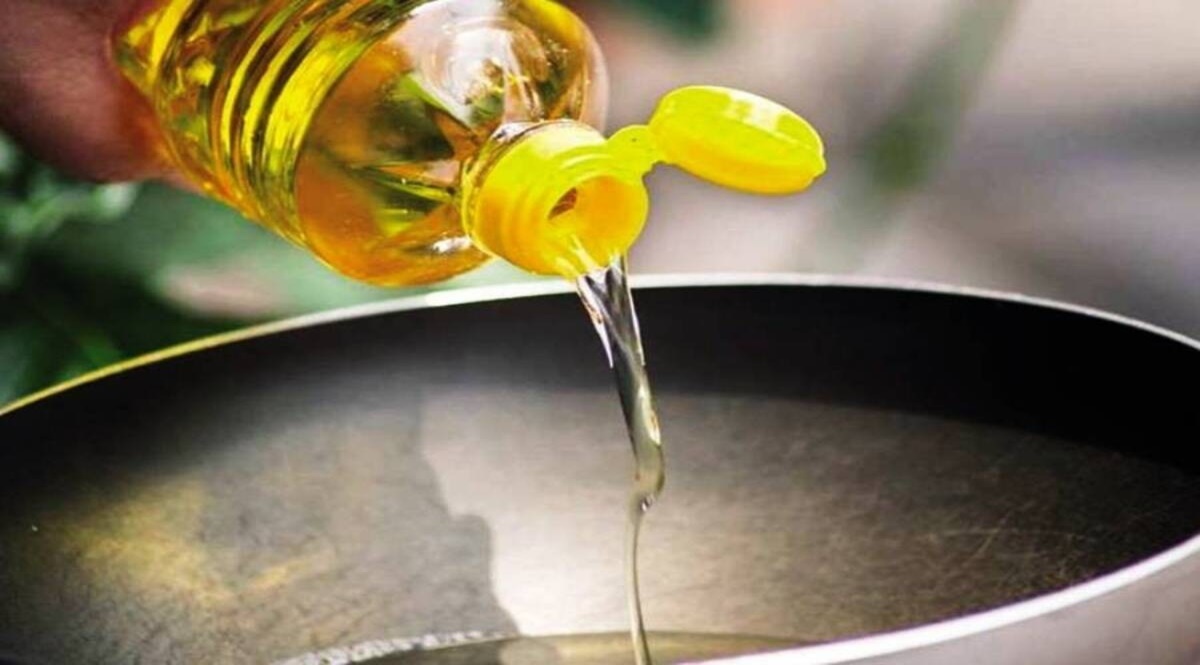[ad_1]
The global edible oil prices have declined sharply because of improved supplies and may cool down domestic retail prices further.
According to trade data, landed prices of palm oil, which has a share of more than 60% in India’s import basket, have declined by more than 33% to $1,150 a tonne, from the levels prevailing a month ago.
Similarly, the landed cost of crude soyabean and sunflower oils declined by 24% and 14% to $1,400 and $1,750 a tonne, respectively, in just one month.
Following a meeting with the food ministry officials on Wednesday, edible oil makers have agreed to cut prices by `10-12 a litre in view of decline in global prices and the recent import tax cut. Major producers, including Adani Wilmar and Ruchi Soya, have said that revised retail prices will take effect in the next 7-10 days.
According to department of consumer affairs data, modal retail prices of edible oils — mustard, soya, sunflower and palm oil — have declined in the range of 5-11% in the domestic market since June 1.
India meets 56% of its annual edible oil consumption via imports. The cooling of global prices which rose sharply in May 2022, when Indonesia — the world’s biggest exporter of palm oil — had imposed a ban on shipment. The supply of sunflower oil from Ukraine was disrupted because of its conflict with Russia.
Trade sources said global edible oil prices are still elevated compared to a year-ago rates, the decision by Indonesia to lift the ban on exports last month has improved global supplies. Besides, exports of crude sunflower from Ukraine have commenced using the Poland land route.
Adani Wilmar, India’s largest edible oil producer, last month announced a cut of 10/litre (nearly 5%) for soyabean, sunflower and mustard oils. Similarly, Mother Dairy, one of the leading milk suppliers in Delhi-NCR, last month reduced prices of the cooking oils by up to15 per litre, citing softening rates in global markets.
India meets 56% of its annual edible oil consumption via imports and annual imports are 13-14 million tonne (MT). Around 8 MT of palm oil is imported from Indonesia and Malaysia, while other oils such as soya and sunflower come from Argentina, Brazil, Ukraine and Russia.
To curb rising inflation, the government on May 24 allowed tariff-free imports of crude soyabean and sunflower oils during this financial year and the next.
The tax waiver is subject to an annual cap of 2 MT for each oil, which will more than suffice to meet the needs of domestic refiners and ease supplies in the domestic market. The government also removed a residual 5% agriculture infrastructure development cess on the two crude edible oils.
Crude palm oil imports currently attract only a 5% agri infra cess and a 10% education cess upon it, meaning a total tax incidence of 5.5%. Basic customs duty waiver will apply till September 30.
[ad_2]
Image and article originally from www.financialexpress.com. Read the original article here.

